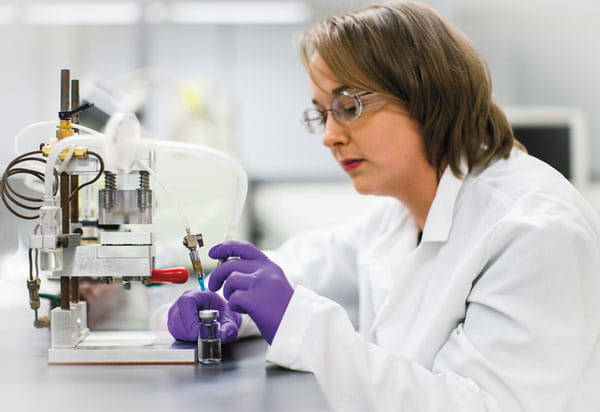Container Closure Integrity Testing (CCIT) - What Does It Mean?
For vial containment and pre-filled syringe systems, it is essential to maintain drug sterility over shelf life. Ordinarily, such maintenance comprises prevention of ingress of oxygen, water, and microbes. To demonstrate this, it is essential to perform "container closure integrity testing” (CCIT), or leak testing.
![]()

CCIT uncovers issues that can result in loss of sterility, such as improper component fit, improper assembly, cracks, scratches, or fibers/particles. Smaller issues may allow only gas ingress, where larger issues may allow liquid or microbial ingress. A key concept in CCIT is the "maximum allowable leakage limit" (MALL). This was introduced in United States Pharmacopeial Convention (USP) Chapter <1207> Sterile Product – Package Integrity Evaluation. MALL is the greatest leakage rate that can be accepted for a given drug package system. It is unique to each drug package system and should form the basis of CCIT.
Many methods are available to perform CCIT. USP <1207> provides an overview and categorizes them as “deterministic” or “probabilistic”. A “deterministic method” directly and quantitatively measures a physicochemical property that generates the potential for leakage. An example is tracer gas leak detection with helium. Deterministic methods can be used to generate science-based data throughout the product life cycle to develop a package integrity profile that can be used as input for risk management. A “probabilistic method” is based on an event having a probability of occurring, and thus is less precise. USP <1207> endorses deterministic methods as preferred, but does support probabilistic methods when no deterministic method is available.
West's Analytical Lab Services has the capability to perform the full range of CCIT – deterministic and probabilistic. For more on how West can advise and support CCIT, contact a Technical Customer Support (TCS) representative or Account Manager.



